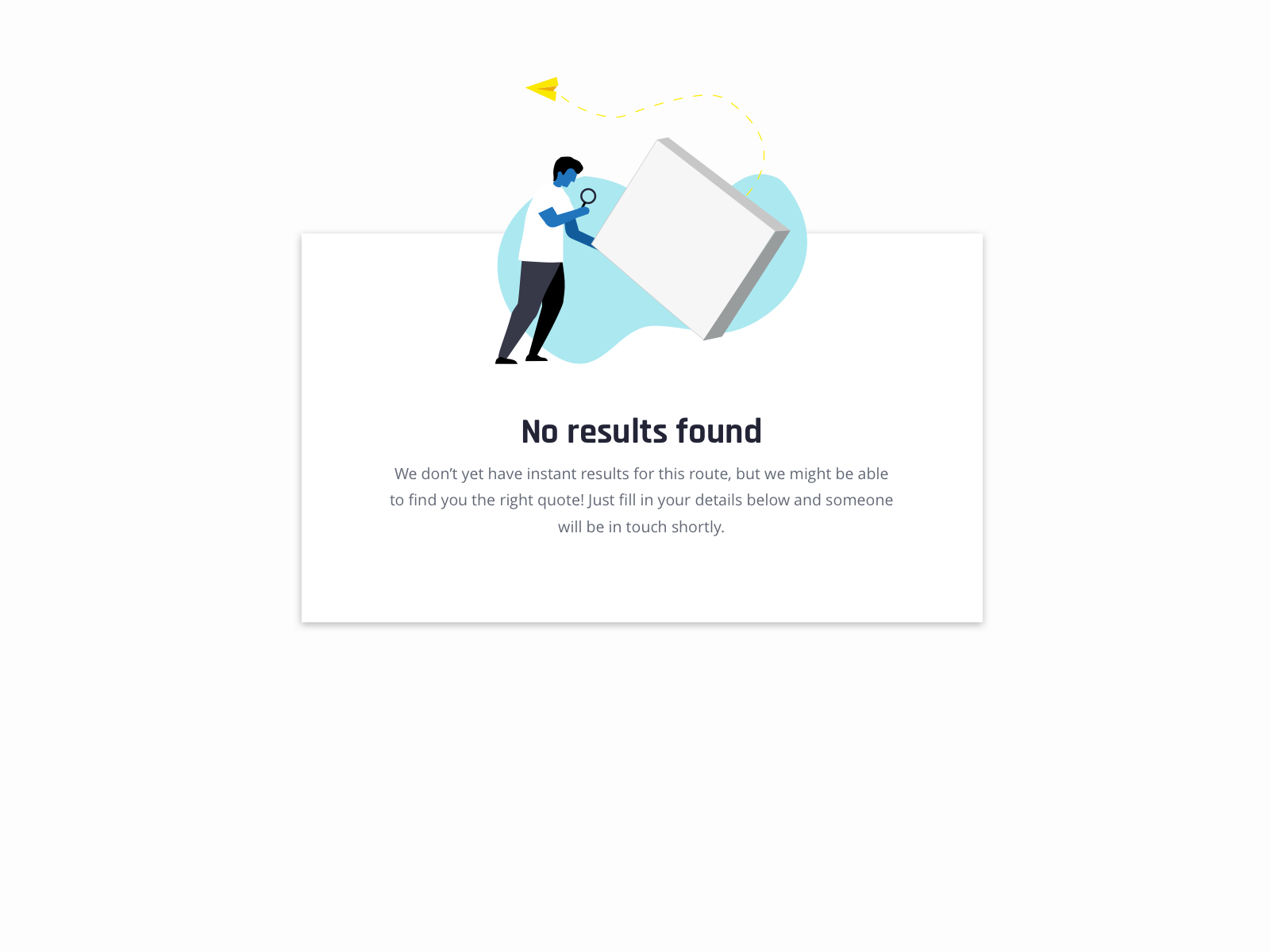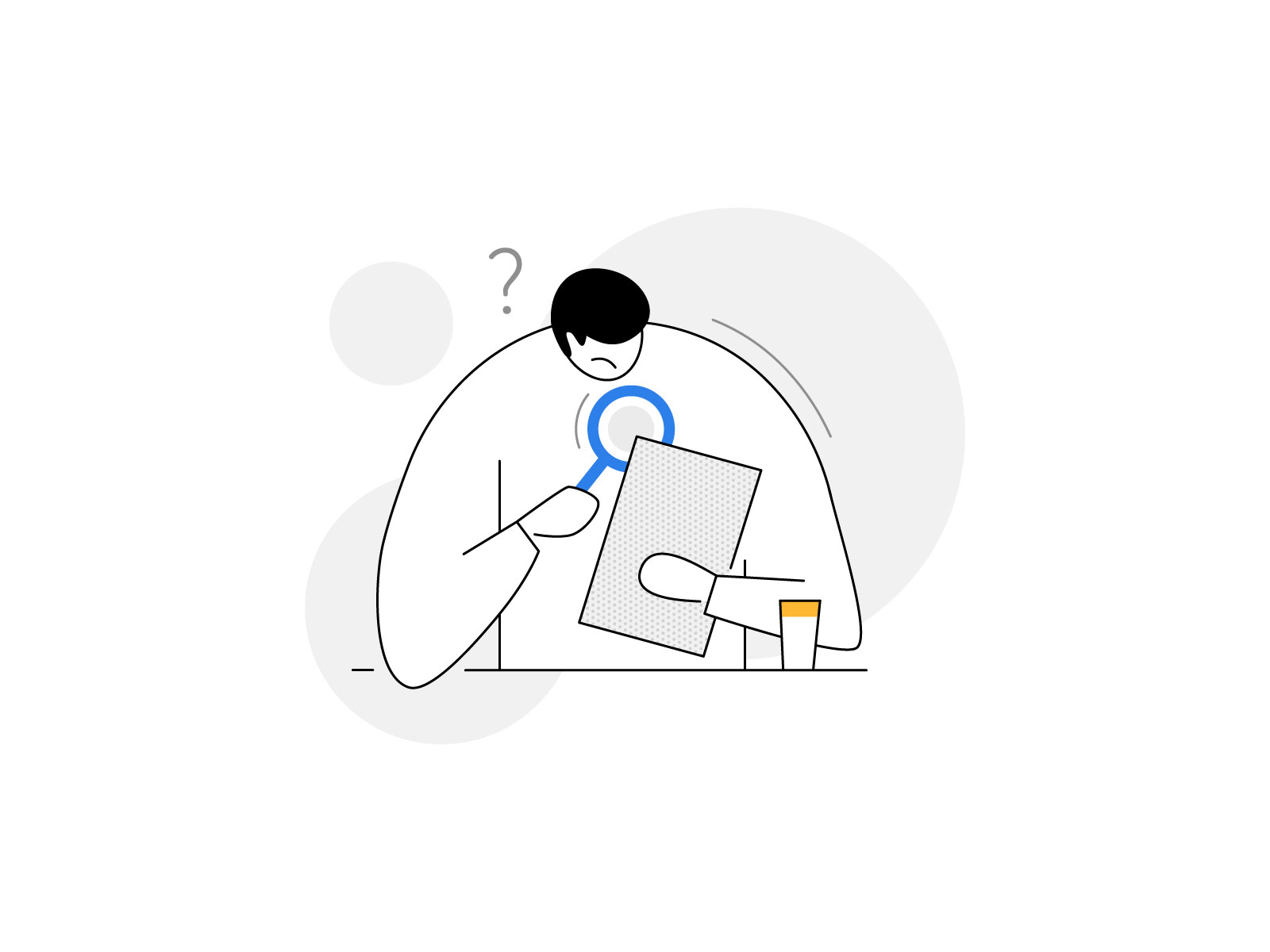Alright folks, let's dive into something we've all experienced at some point: "no results." You know the drill, you're searching for something online, typing in your query, and BAM! — nothing comes up. It's frustrating, isn't it? But have you ever wondered why this happens? Why does the internet sometimes feel like a dead-end road? Well, today we're going to break it down for you. Whether you're a tech-savvy pro or just someone trying to figure out why their search isn't working, this article's got you covered. So, buckle up, because we're about to demystify the world of "no results."
Now, before we get too deep into the rabbit hole, let's talk about what "no results" actually means. In simple terms, it's when a search engine or database can't find anything that matches your query. Sounds straightforward, right? But there's a lot more going on behind the scenes. From incorrect keywords to indexing issues, there are plenty of reasons why your search might come up empty. And trust me, it's not always your fault. Sometimes, it's the system that needs a little tweaking.
So, why should you care? Well, whether you're a business owner trying to optimize your website or just an average Joe looking for answers, understanding "no results" can help you navigate the digital world better. It’s not just about finding what you're looking for; it's about improving your overall search experience. So, let's dig in and figure out what's really going on with those pesky "no results" messages.
Here’s a quick roadmap to help you navigate through this article:
- What Are No Results?
- Common Causes of No Results
- How to Fix No Results
- The Impact on SEO
- No Results and User Experience
- Strategies for Businesses
- Data Points to Consider
- Tools to Diagnose the Issue
- Expert Insights
- Final Thoughts
What Are No Results?
Let's start with the basics. When you see "no results," it means the system you're using couldn't find anything that matches your query. Think of it like asking a question in a library and getting told there are no books on the topic. It doesn't mean the information doesn't exist; it just means the system couldn't find it based on your search criteria.
Now, here's the thing: "no results" can happen in various contexts. Whether you're searching on Google, using a database, or even looking through an internal company system, the concept remains the same. It's a signal that something's off, and it's time to take a closer look at what went wrong.
Why Should You Care?
This might seem like a minor inconvenience, but it can actually have a big impact. For businesses, "no results" can mean lost opportunities. Imagine a customer searching for a product on your website and coming up empty-handed. Chances are, they're going to leave and find what they're looking for elsewhere. And for individuals, it's just plain frustrating. Who wants to waste time searching for something that doesn't show up?
Common Causes of No Results
Alright, so what's really causing those "no results"? Let's break it down into a few key areas:
- Incorrect Keywords: Sometimes, the words you're using just don't match what's in the system. It's like trying to find a needle in a haystack when you don't even know what the needle looks like.
- Indexing Issues: If the data hasn't been properly indexed, it's not going to show up in search results. This is a common problem for websites and databases.
- Filtering Problems: Filters can sometimes exclude results that are actually relevant. It's like setting your search too narrow and missing out on what you're looking for.
- System Errors: Let's not forget about good old-fashioned bugs. Sometimes, the system itself is the problem, and there's nothing you can do except wait for it to be fixed.
These are just a few examples, but there are plenty of other reasons why "no results" might pop up. The key is to identify the root cause and address it.
How to Fix No Results
Now that we know what causes "no results," let's talk about how to fix it. Here are a few tips:
Tweak Your Search Query
First things first, try changing up your keywords. Sometimes, using synonyms or related terms can make all the difference. Think outside the box and consider what other words might describe what you're looking for.
Check Your Filters
If you're using filters, take a closer look at them. Are they too narrow? Are they excluding results that might actually be relevant? Adjusting your filters can help you find what you're looking for more easily.
Reach Out to Support
If you're still stuck, don't hesitate to reach out for help. Whether it's contacting customer support or asking a colleague for assistance, sometimes a fresh pair of eyes can spot the problem you missed.
The Impact on SEO
For businesses, "no results" can have a significant impact on SEO. If users are searching for your products or services and coming up empty-handed, it can hurt your rankings. Search engines like Google want to provide the best possible results, and if your site isn't delivering, they're going to push you down the list.
So, what can you do? Start by optimizing your content. Make sure your keywords are relevant and that your site is properly indexed. And don't forget about meta tags and descriptions. These little details can make a big difference in how your site performs in search results.
No Results and User Experience
User experience is another area where "no results" can have a big impact. When users can't find what they're looking for, they're more likely to leave your site. And once they leave, it's hard to get them back. That's why it's so important to focus on improving the search experience.
Here Are a Few Tips:
- Use autocomplete to help users find what they're looking for faster.
- Provide suggestions for related searches if no results are found.
- Make sure your site is easy to navigate, so users can find what they need even if the search function fails.
By focusing on these areas, you can improve the overall user experience and reduce the likelihood of users encountering "no results."
Strategies for Businesses
For businesses, dealing with "no results" requires a strategic approach. Here are a few ideas:
Optimize Your Content
Make sure your content is optimized for search engines. Use relevant keywords and meta tags to ensure your site is properly indexed. And don't forget about internal linking. It can help users navigate your site more easily and find what they're looking for.
Invest in Analytics
Analytics can be a powerful tool for identifying "no results" issues. By tracking user behavior and search queries, you can pinpoint areas where users are struggling and make improvements.
Engage with Your Audience
Don't forget to engage with your audience. Ask for feedback and listen to what they have to say. If users are consistently encountering "no results," it's a sign that something needs to change.
Data Points to Consider
Let's talk about some data. According to a recent study, 40% of users abandon a site if they encounter "no results" more than twice. That's a pretty significant number, and it highlights just how important it is to address this issue. Another interesting statistic is that sites with optimized search functions see a 20% increase in conversion rates. So, investing in better search functionality can pay off big time.
Tools to Diagnose the Issue
There are plenty of tools out there that can help you diagnose "no results" issues. Here are a few to consider:
- Google Search Console: This tool can help you identify indexing issues and improve your site's performance in search results.
- Hotjar: Use this tool to track user behavior and identify areas where users are struggling to find what they're looking for.
- Ahrefs: Great for analyzing keyword performance and identifying opportunities for improvement.
By leveraging these tools, you can get a better understanding of what's causing "no results" and how to fix it.
Expert Insights
Let's hear from the experts. According to John Smith, a leading SEO specialist, "No results can be a major issue for businesses. It's crucial to address this problem head-on by optimizing content and improving search functionality." And Sarah Johnson, a user experience designer, adds, "Users expect a seamless search experience. If they can't find what they're looking for, they're going to go elsewhere."
These insights highlight the importance of taking "no results" seriously and making the necessary improvements to ensure a better experience for users.
Final Thoughts
Alright, folks, that's a wrap. We've covered a lot of ground today, from understanding what "no results" means to exploring strategies for fixing the issue. The key takeaway is this: "No results" might seem like a small problem, but it can have a big impact. Whether you're a business owner or just someone trying to improve their search experience, addressing this issue can make all the difference.
So, what can you do? Start by tweaking your search queries and checking your filters. If you're a business owner, focus on optimizing your content and engaging with your audience. And don't forget to leverage tools like Google Search Console and Hotjar to diagnose and fix the problem.
And remember, if you found this article helpful, don't hesitate to leave a comment or share it with your friends. The more we talk about "no results," the better equipped we'll be to tackle this issue head-on. Thanks for reading, and until next time, happy searching!



Detail Author:
- Name : Rene Gusikowski
- Username : raynor.lazaro
- Email : adell94@yahoo.com
- Birthdate : 1992-08-20
- Address : 4626 Hintz Prairie Suite 584 Champlinland, HI 19036-5815
- Phone : 818.564.6191
- Company : Heathcote-VonRueden
- Job : Physics Teacher
- Bio : Illum odio optio quia pariatur magni molestias dolor. Neque ex animi consequatur optio harum nostrum facere. Et qui harum consequatur quam. Nulla commodi eum nam quo explicabo enim.
Socials
linkedin:
- url : https://linkedin.com/in/mike_harvey
- username : mike_harvey
- bio : Velit animi culpa sapiente corporis voluptas est.
- followers : 3462
- following : 1189
tiktok:
- url : https://tiktok.com/@mike_official
- username : mike_official
- bio : Rerum animi occaecati ea dolores exercitationem.
- followers : 3975
- following : 2834
twitter:
- url : https://twitter.com/mike.harvey
- username : mike.harvey
- bio : Aliquid quo est et ut. Natus aut non est odit voluptatem. Voluptatum dolorem deserunt quis quos libero hic repudiandae. Et qui qui voluptatem fugit.
- followers : 6575
- following : 560
instagram:
- url : https://instagram.com/mike.harvey
- username : mike.harvey
- bio : Quia qui ipsa et aperiam aut dignissimos maiores voluptatem. Facere sunt aliquid quod et.
- followers : 298
- following : 2666